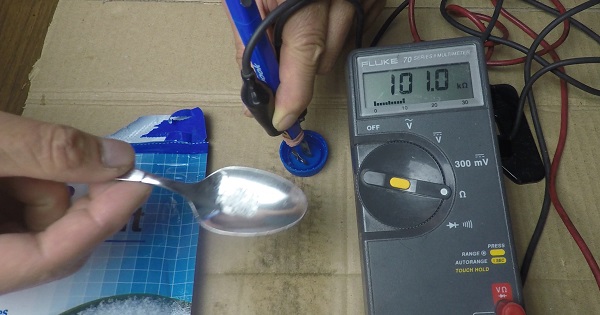We all know that when a car battery is dead, it may be irreversible. But you may not know this: if your battery is not fully charged, irreversible sulfation damage will occur if the battery stays in the not-fully-charged state for a significant period of time. During the pandemic, you may have a car or cars you have not driven for quite some time, so you may not be aware of the damage you can not observe. The longer the battery sits completely or even partially discharged, the harder it will be to revive it.
Another problem is overcharging, which can also irreversibly damage a battery. I learned this the hard way because initially I did not think the overcharging was a big deal. I found out my overcharging caused the voltage to drop to 8V, making the battery in fact even harder to save. Compare this to the sulfation which only caused the voltage to drop to 11V. Even bad sulfation can be partially reversed. Although the battery may still be too weak to start the engine, nonetheless it can still make a cranking sound.
Another controversial question is whether or not to use Epsom salt to help revive a battery. Some people swear that Epsom salt works while other people regard it as a myth. They could both be right under certain conditions. See the experiment I did which explains why adding Epsom salt to the battery works for some people but not others. However this is only one experiment and it may not completely solve the mystery. If you can prove that Epsom salt can reduce the sulfation, then please leave your exact chemical equation in the comment section below. If you think Epsom salt can have some reaction with the sediment at the bottom of the battery, please give your chemical equation as well.
https://twitter.com/RealGeniusAsian/status/1300235743294496768

